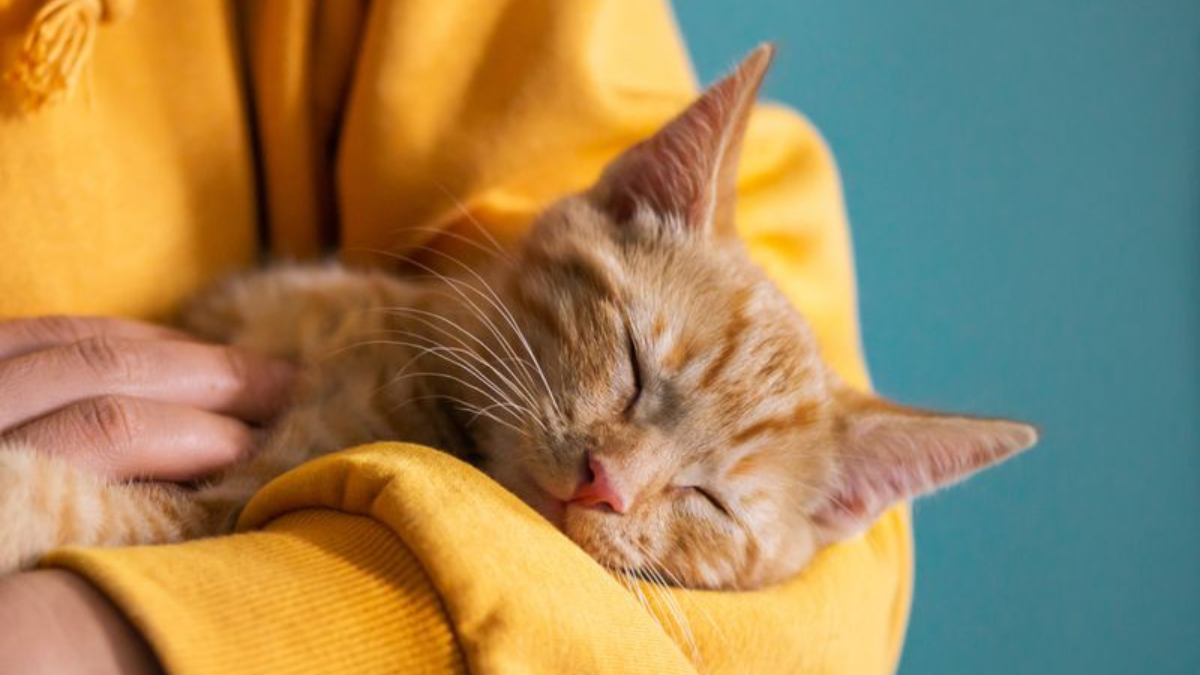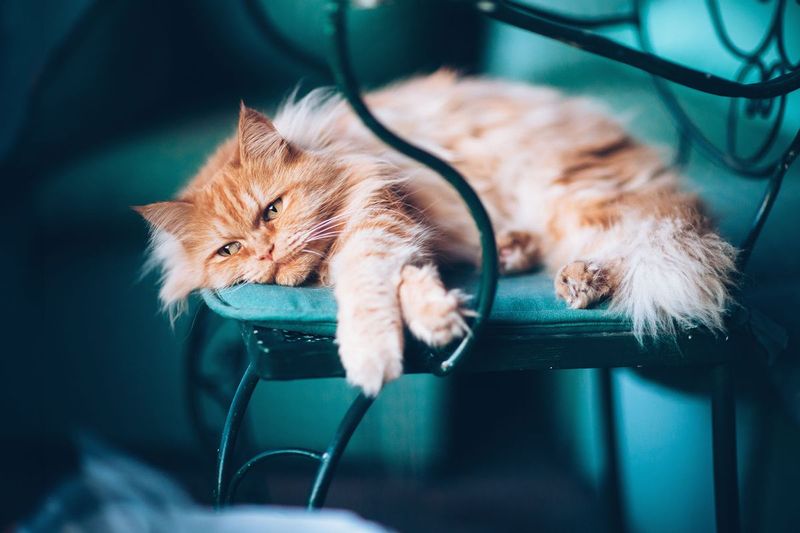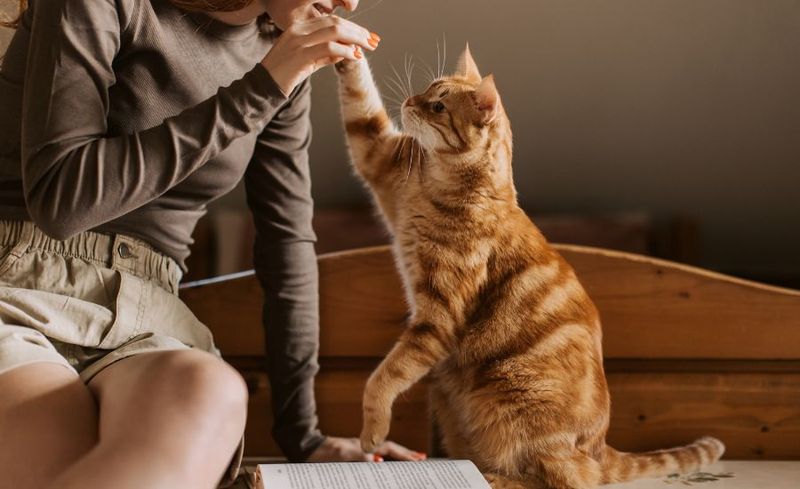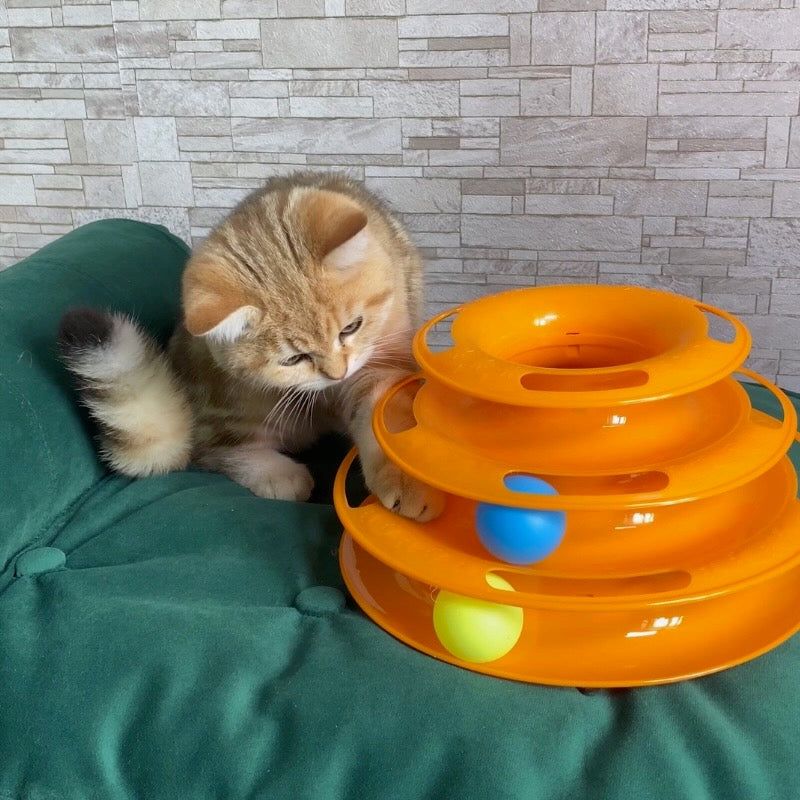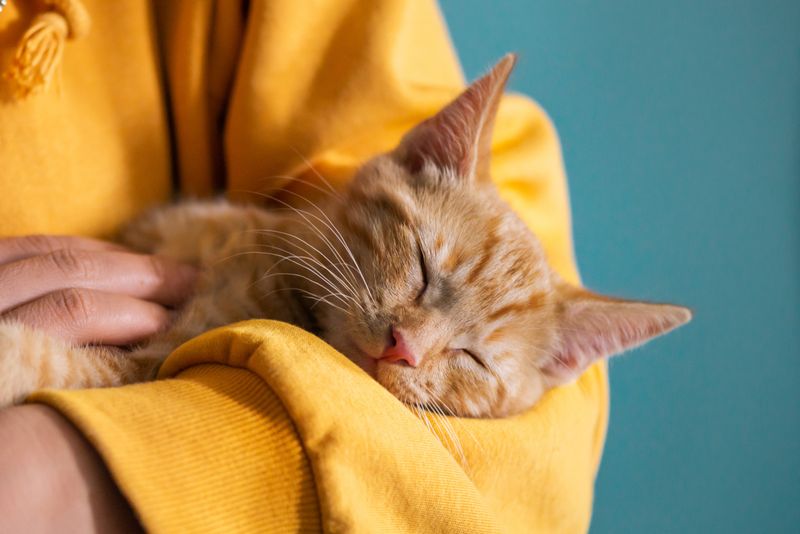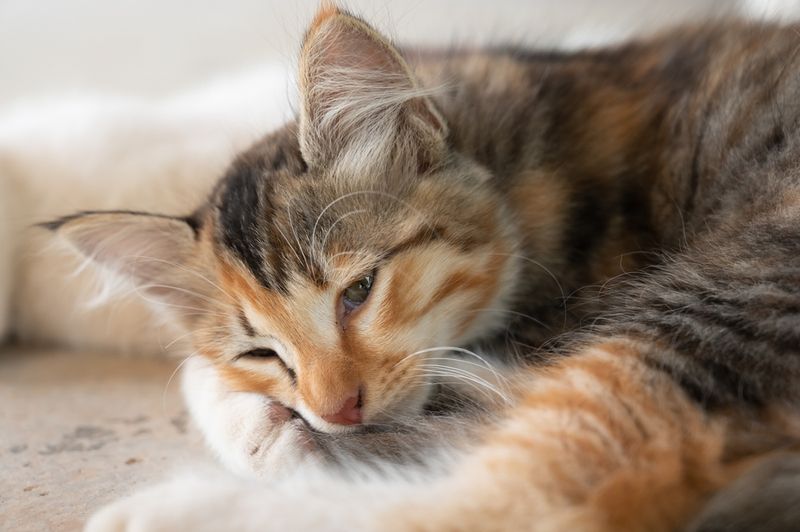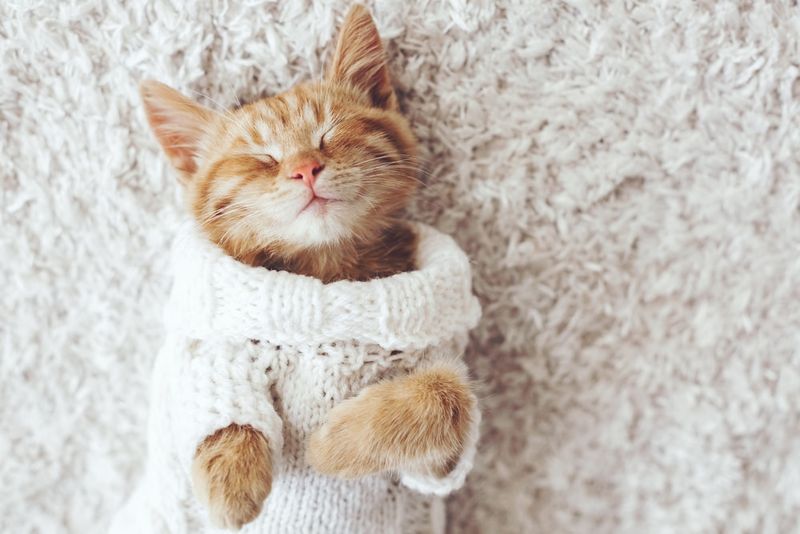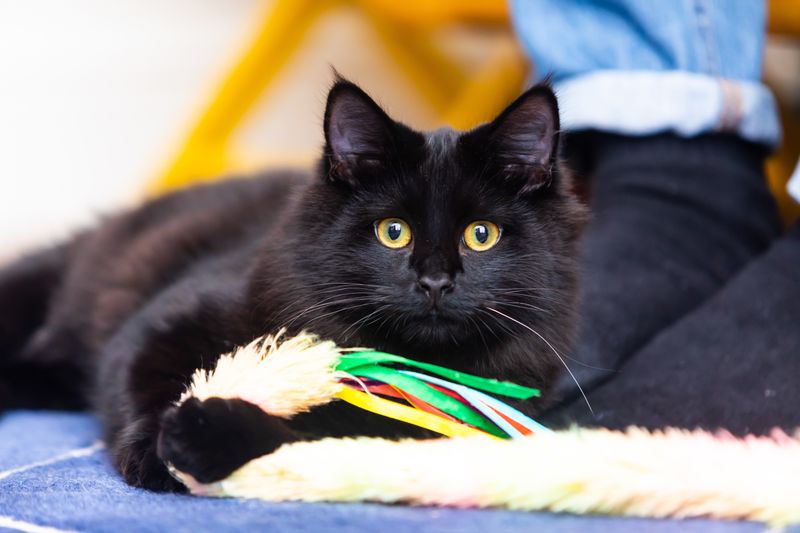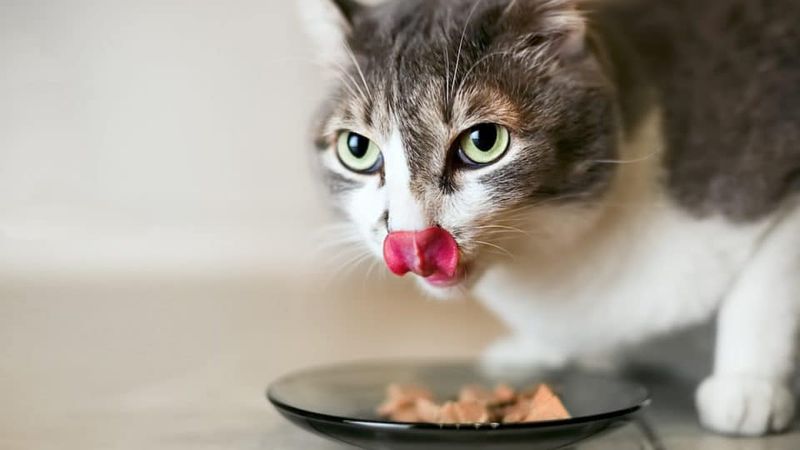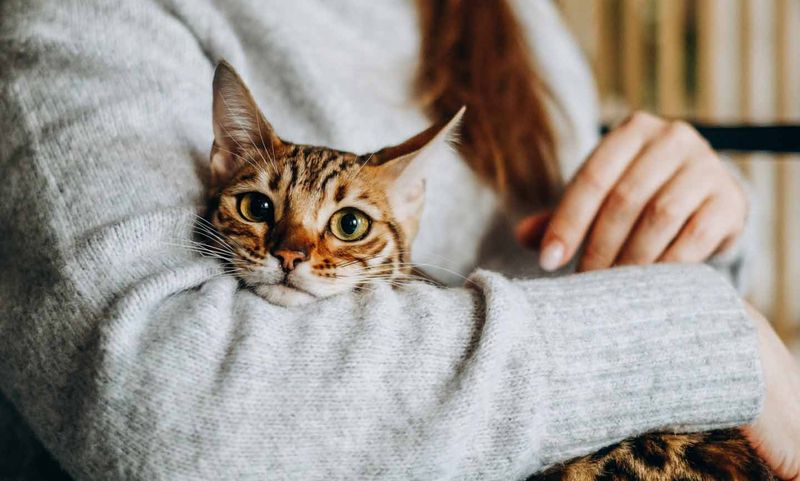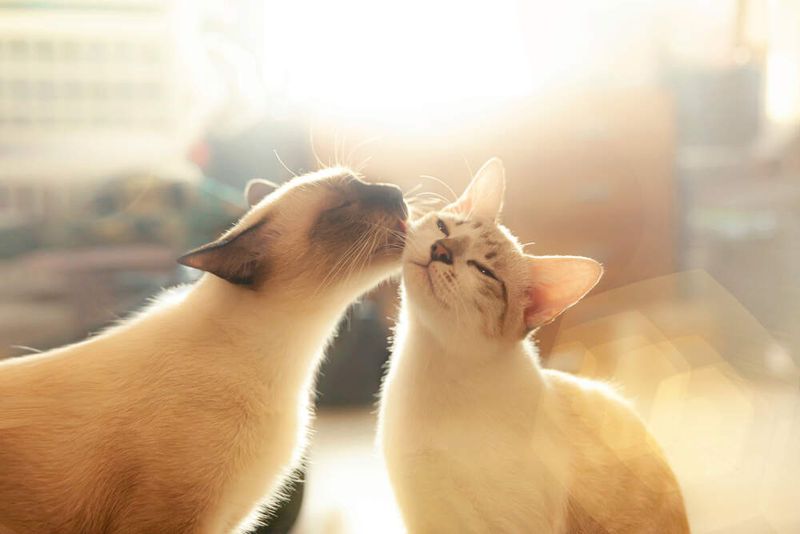📖 Table of Content:
Cats are known for their independence, but that doesn’t mean they’re immune to emotional pain. When a familiar presence disappears, many cats notice the absence deeply. Grief in cats may not always be obvious, but it is very real.
Reactions to loss can vary, ranging from withdrawn behavior to changes in eating or sleeping habits. Some cats may become clingy, while others isolate themselves. These shifts are often their way of processing unfamiliar emotions.
Providing comfort during this time is essential to help them feel secure and supported. Gentle routines, attention, and patience can ease their distress. With the right care, most cats gradually adjust and regain emotional balance.
1. Recognize Behavioral Changes
Though independent, cats are sensitive to changes in their environment. When a cat loses a companion, be it human or animal, they may exhibit noticeable behavioral changes. Look for signs like increased aloofness or, conversely, clinginess. Some cats might hide more often, while others may show aggression or refusal to eat.
Understanding these behaviors as manifestations of grief can guide you in offering support. Pay close attention to their actions. This vigilant observation can help you discern whether your cat is struggling to adjust. Being aware is the first step in providing the comfort they need.
2. Maintain a Routine
Routine offers comfort. Cats thrive on predictability, and maintaining a consistent schedule can be reassuring. Regular feeding times, play sessions, and even quiet time can help your cat feel secure and less stressed during periods of loss.
A structured routine provides a sense of normalcy, which is especially crucial when their world feels upside down. Keeping things predictable not only helps your cat cope with their grief but also strengthens your bond by showing them that they can rely on you, even in difficult times.
3. Provide Interactive Toys
Engagement through play can uplift a cat’s mood. Interactive toys like feather wands and puzzle feeders stimulate their natural instincts and offer a distraction from their feelings of loss. These activities provide mental stimulation and physical exercise, essential for a grieving cat.
By introducing new toys or rotating existing ones, you can keep things fresh and exciting. This playful engagement not only helps in alleviating their sadness but also strengthens your relationship as you share joyful moments together.
4. Offer Extra Cuddles
Physical touch can be incredibly soothing. When your cat is feeling low due to a loss, offering extra cuddles can provide comfort and reassurance. Some cats naturally seek out more affection during difficult times, while others might need a gentle invitation to snuggle.
Creating a warm, inviting space where your cat feels safe can encourage them to come closer. These moments of closeness not only help your cat through their grief but also deepen the bond you share.
5. Create a Safe Space
A designated safe space can offer solace. Cats appreciate having a retreat where they can feel secure, especially during stressful times. Set up a quiet corner with their favorite blanket, toys, and perhaps a piece of clothing with your scent.
This sanctuary allows them to retreat and recharge when overwhelmed. It provides a sense of security and helps them process their emotions at their own pace. Offering this refuge shows your understanding and respect for their need to grieve privately.
6. Introduce Calming Scents
Aromas can influence mood. Introducing calming scents like lavender or chamomile in your home may help soothe an anxious or grieving cat. Using a diffuser or lightly scented spray can create a tranquil atmosphere.
Cats have a strong sense of smell, and these calming scents can provide comfort and relaxation. Ensure any scents used are pet-safe and introduced gradually. This gentle approach can ease your cat’s anxiety and promote a sense of peace during challenging times.
7. Engage in Gentle Play
Play without pressure. Gentle play sessions can offer a comforting distraction for a cat experiencing loss. Slowly moving a feather toy or a soft ball can encourage participation without overwhelming them.
The key is to be patient and let your cat set the pace. This low-stress interaction helps them feel a sense of normalcy and enjoyment, even when they might be feeling down. It’s about quality, not quantity, and ensuring your cat feels loved and cared for.
8. Monitor Eating Habits
Appetite can be an emotion indicator. Noticing changes in your cat’s eating habits can provide clues about their emotional state. Some cats may eat less when they’re grieving, while others might overeat as a comfort mechanism.
It’s important to monitor these changes and consult a veterinarian if you notice significant weight loss or gain. Ensuring your cat maintains a healthy diet can aid in their emotional recovery and prevent further health issues.
9. Consult a Veterinarian
Professional advice can be invaluable. If your cat’s behavior or health changes significantly after a loss, consulting a veterinarian is a wise step. They can provide insights into whether these changes are part of normal grieving or indicative of health issues.
A vet can also offer advice on dietary supplements or medications that might ease anxiety or depression in pets. Seeking professional guidance ensures you’re doing everything possible to support your cat’s well-being during their time of grief.
10. Adopt Another Pet
New companionship can mend hearts. Adopting another pet might not suit every cat, but for some, it offers a renewed sense of purpose and companionship. Introducing a new friend should be done gradually, respecting your cat’s comfort level.
This new dynamic can distract them from their grief and bring joy back into their life. However, it’s crucial to ensure your cat is ready and open to sharing their space before making this decision. Carefully considering their personality and needs is key.
